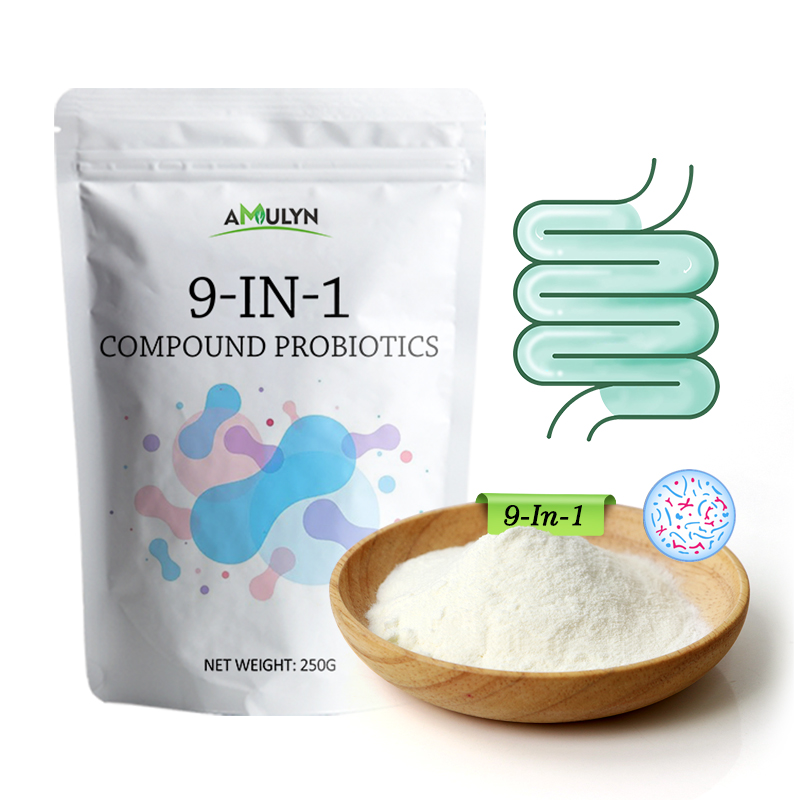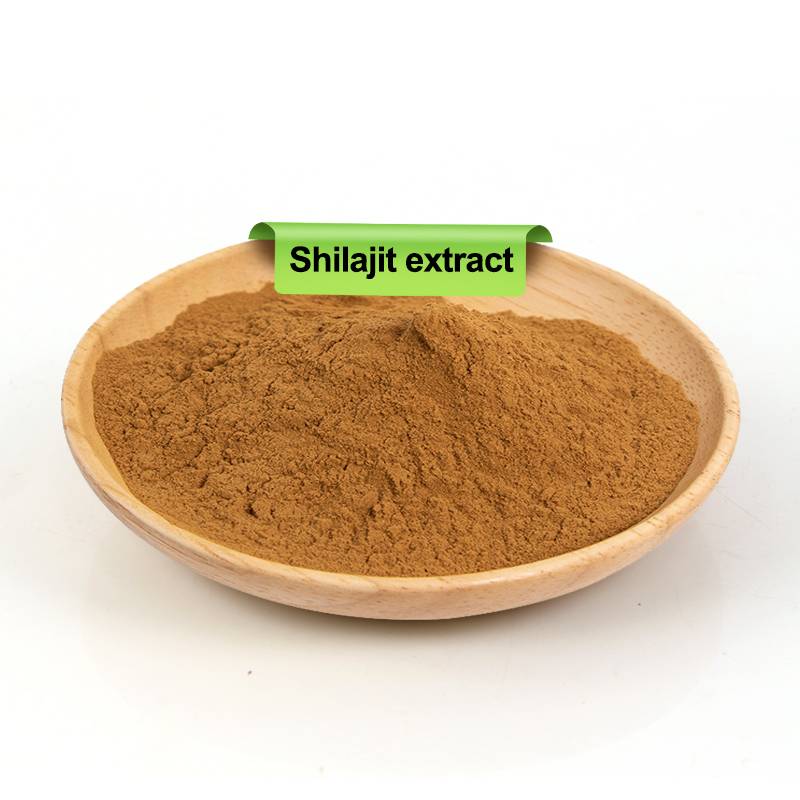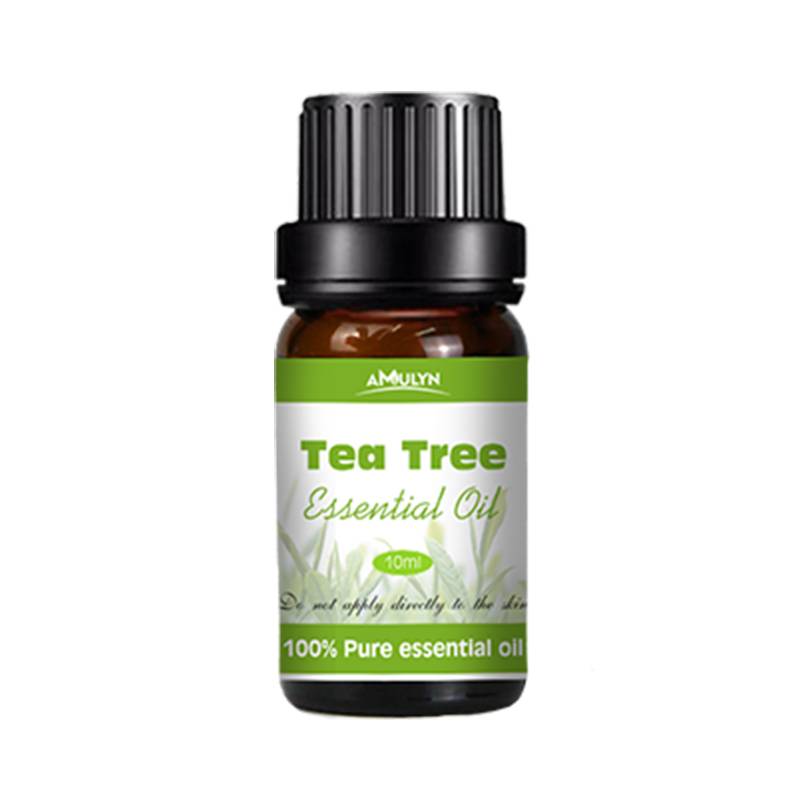1. What Is Plant Protein?
Plant protein is protein derived from plants. It can provide the human body with essential amino acids and maintain the growth, development and physiological functions of the body. Although the plant protein in most foods is incomplete protein and needs to be eaten with other protein-rich foods to better meet the body's demand for amino acids, plant protein still plays an important role in human health. Common sources of plant protein are rich and diverse. Soybeans, mung beans, lentils, soybeans and other beans are high-quality sources of plant protein, among which soybeans are particularly prominent, with a protein content of up to about 40%, and a reasonable amino acid composition, and a high utilization rate in the body. In addition, tofu, as a food processed with soybeans as the main raw material, is also rich in plant protein. Cereals such as wheat and rice generally contain 6%-10% protein and are one of the sources of protein in people's staple food. Potatoes contain 2%-3% protein. Some nuts such as peanuts, walnuts, almonds and lotus seeds contain higher protein (15%-30%).
2. Characteristics Of Plant Protein
In terms of nutritional value, the composition of animal protein is more similar to that of protein in the human body. It contains more essential amino acids for the human body, which can meet the needs of the body. It is easier to digest, absorb and utilize than plant protein, and has a relatively higher nutritional value. Plant protein contains more cellulose, and most plant proteins are incomplete proteins, lacking some essential amino acids for the human body, such as lysine, tryptophan, threonine, etc. In terms of cholesterol content, plant protein contains almost no cholesterol, while animal protein intake will also consume more cholesterol. Long-term excessive intake of animal protein will increase the risk of atherosclerosis, coronary heart disease, and hypercholesterolemia. In terms of digestibility, animal protein is more conducive to absorption, while plant protein is difficult to digest because it is wrapped in a fiber capsule on the periphery. In terms of amino acid types, animal protein contains a relatively complete range of essential amino acids for the human body, while plant protein is relatively lacking in some essential amino acids.
3. The Role Of Plant Protein In Health
(I). Providing essential amino acids
Maintaining the growth and development of the body: Plant protein can provide essential amino acids for the human body. Among the more than 20 amino acids contained in protein, eight amino acids cannot be synthesized in the human body or the synthesis rate cannot meet the needs of the body. They must be obtained from the diet every day. These essential amino acids include lysine, tryptophan, methionine, threonine, valine, leucine, isoleucine, and phenylalanine. The nutritional value of plant protein depends on whether the types of essential amino acids it contains are complete, the quantity is sufficient, and the proportion is appropriate. If the types, quantities, and proportions of essential amino acids in food protein are closer to those of human protein, its nutritional value is higher. Although the plant protein in most foods is incomplete protein, it is necessary to eat other protein-rich foods to better meet the body's needs for amino acids, but plant protein still plays an important role in maintaining the growth and development of the body. For example, beans such as soybeans are rich in plant protein, with a protein content of up to about 40%, and a reasonable amino acid composition, and a high utilization rate in the body. They can provide the human body with essential amino acids and maintain the body's normal growth and development.
(II). Promoting physiological functions
Plant protein has a multi-faceted promoting effect on human physiological functions. First, plant protein can improve immunity and strengthen physical fitness. Plant protein contains rich amino acids and a variety of trace elements, which can provide raw materials for the synthesis of new proteins by the human body. Appropriate consumption can supplement the nutrients needed by the body, help improve immunity and strengthen physical fitness. Secondly, plant protein can participate in the body's metabolism. Similar to animal protein, plant protein can promote the body to synthesize new tissues and maintain normal physiological functions. For example, plant protein has a high utilization rate in the body, can provide nutrition for brain cells, help promote brain development, improve memory, and to a certain extent help prevent Alzheimer's disease. In addition, plant protein can also promote tissue repair. Plant protein contains essential amino acids, which are amino acids that the body cannot synthesize on its own and must be ingested through food. They are used to make enzymes, hormones and other important molecules to help the body perform various physiological functions. Appropriate plant protein intake can help the body repair damaged tissues, such as wound healing or muscle recovery. At the same time, for patients with iron deficiency anemia, the iron in plant protein can promote the synthesis of hemoglobin, thereby playing a role in replenishing blood. For example, symptoms can be improved by eating plant protein foods rich in iron.
(III). Providing energy and nutrition
Converted into glucose and fatty acids: Carbohydrates and fats contained in plant protein can be converted into glucose and fatty acids after a series of chemical reactions, thereby providing energy for the body. For example, moderate intake of plant protein can increase satiety, reduce the intake of other high-calorie foods, and help control weight.
(IV). Contains a variety of nutrients
Plant protein contains a variety of nutrients, such as trace elements, vitamins, etc. Among the more than 20 amino acids contained in protein, eight essential amino acids cannot be synthesized in the human body or the synthesis rate cannot meet the needs of the body, and must be obtained from the diet every day. These essential amino acids include lysine, tryptophan, methionine, threonine, valine, leucine, isoleucine, and phenylalanine. The nutritional value of plant protein depends on whether the types of essential amino acids it contains are complete, the quantity is sufficient, and the proportion is appropriate. If the types, quantities, and proportions of essential amino acids in food protein are closer to those of human protein, its nutritional value will be higher. In addition, the iron in plant protein can promote the synthesis of hemoglobin, thereby playing a role in replenishing blood. For patients with iron deficiency anemia, symptoms can be improved by eating plant protein foods rich in iron. At the same time, plant protein is also rich in dietary fiber, which can help improve the situation of insufficient fiber intake and contribute to gastrointestinal health.
(V). Promote tissue repair and improve anemia
Manufacturing important molecules: The essential amino acids in plant protein play a vital role in the human body. Among the more than 20 amino acids contained in protein, eight essential amino acids cannot be synthesized in the human body or the synthesis rate cannot meet the needs of the body. They must be obtained from the diet every day, including lysine, tryptophan, methionine, threonine, valine, leucine, isoleucine, and phenylalanine. These essential amino acids are used to manufacture important molecules such as enzymes and hormones to help the body perform various physiological functions. For example, beans such as soybeans are rich in plant protein, and the essential amino acids they contain can participate in the body's metabolism, prompting the body to synthesize new tissues and maintain normal physiological functions.
Repairing damaged tissues: Appropriate plant protein intake can help the body repair damaged tissues. Plant protein contains essential amino acids, which are amino acids that the body cannot synthesize on its own and must be taken in through food. They are used to make enzymes, hormones and other important molecules that help the body perform various physiological functions. When the body is injured, such as wound healing or muscle recovery, proper plant protein intake can provide necessary nutritional support and promote the repair of damaged tissues. For example, for athletes, consuming foods rich in plant protein, such as beans and nuts, after training can help them recover muscles faster and reduce the risk of injury.
(VI). Improving anemia
The iron in plant protein plays an important role in improving anemia. For patients with iron deficiency anemia, symptoms can be improved by eating plant protein foods rich in iron. Plant ferritin, with its unique cage structure, has broad application prospects in iron supplementation. The human body has different absorption pathways for iron from various sources. Non-heme iron mainly exists in food in the form of complexes. Before absorption, it must first be separated from the organic matter it binds to, and then converted into Fe2+ before it can be absorbed. Plant ferritin has good bioavailability, stability and a different absorption pathway from Fe2+. For example, patients with moderate iron deficiency anemia can, under the guidance of a doctor, eat appropriate amounts of foods rich in plant ferritin, such as beans, green leafy vegetables, etc., and combine drug treatment and dietary adjustments to relieve anemia symptoms.
AMULYN plant protein comes from the green treasure house of nature. Whether it is a firm choice for vegetarians or a meat lover seeking a balanced nutritional supplement, plant protein meets the needs of different groups of people with its rich nutrition, diverse sources and wide applicability. It can be a cup of fragrant plant milk in breakfast to start a day full of energy; it can also be a hearty plant protein salad in lunch to recharge and empower work and study in the afternoon; it can also be an exquisite plant protein dish at dinner to add health and deliciousness to family gatherings.
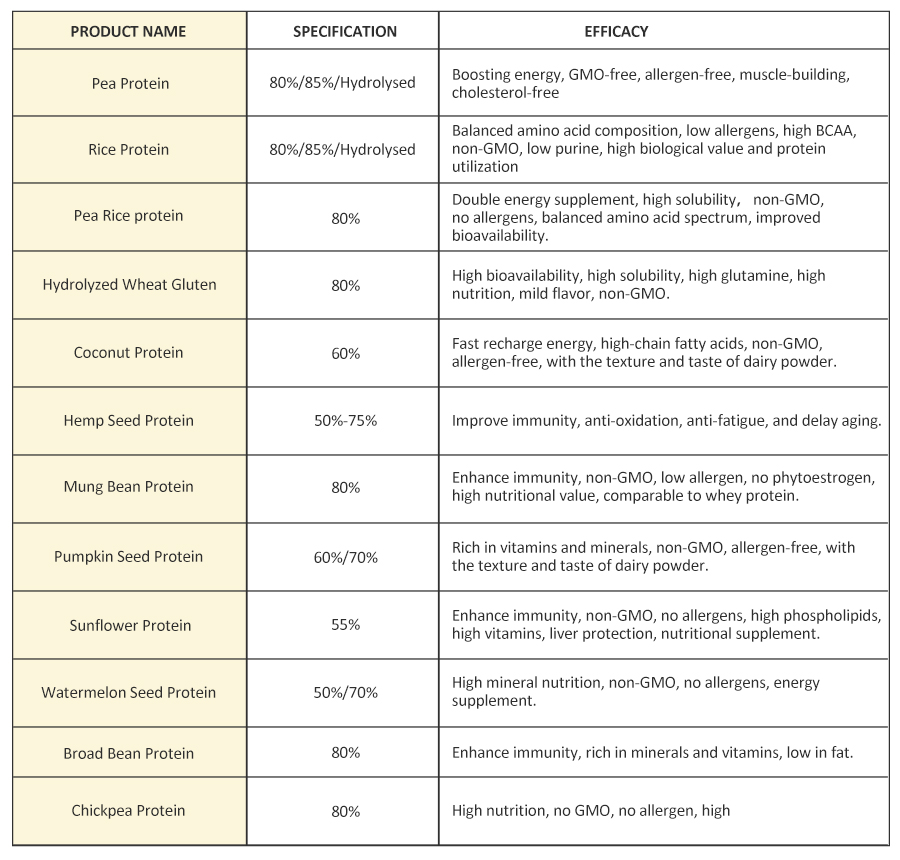
Get Quotes
 Koicha Ceremonial Grade Matcha Powder
Koicha Ceremonial Grade Matcha Powder Organic Ceremonial Grade Matcha Powder
Organic Ceremonial Grade Matcha Powder Premium Beverage Grade Matcha Powder
Premium Beverage Grade Matcha Powder Everyday Culinary Grade Matcha Powder
Everyday Culinary Grade Matcha Powder Organic Instant Pure Matcha
Organic Instant Pure Matcha Soy Lecithin Powder
Soy Lecithin Powder Sunflower Lecithin Powder
Sunflower Lecithin Powder Soy Lecithin Granules
Soy Lecithin Granules Phosphatidylcholine
Phosphatidylcholine  Phosphatidylserine
Phosphatidylserine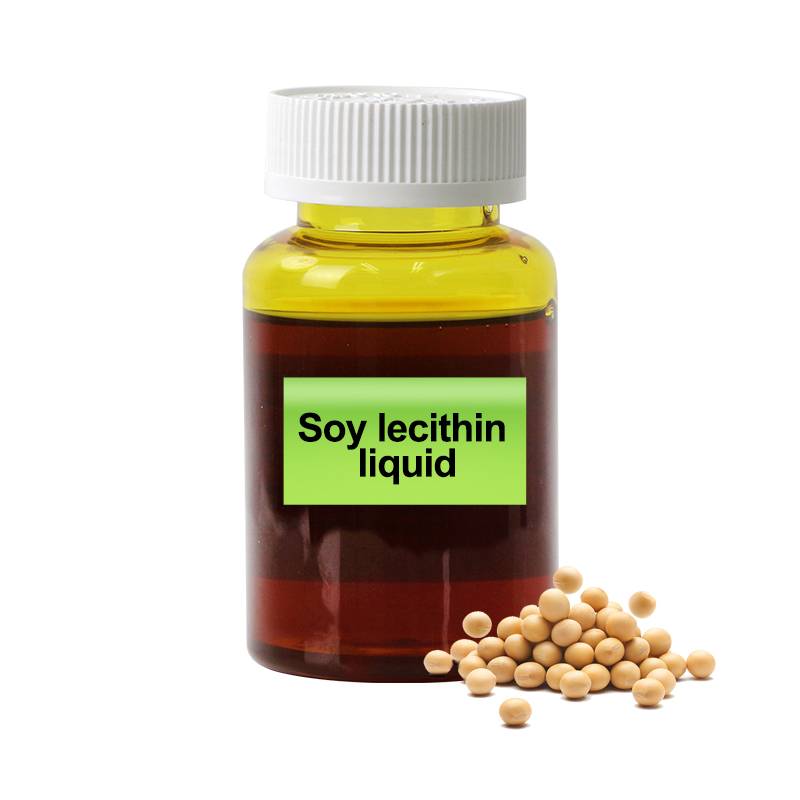 Soy Lecithin Liquid
Soy Lecithin Liquid Reishi Mushroom Powder
Reishi Mushroom Powder Lion's Mane Mushroom Powder
Lion's Mane Mushroom Powder Cordyceps Sinensis Powder
Cordyceps Sinensis Powder Chaga Mushroom Powder
Chaga Mushroom Powder Shiitake Mushroom Powder
Shiitake Mushroom Powder Cordyceps Militaris Powder
Cordyceps Militaris Powder
















